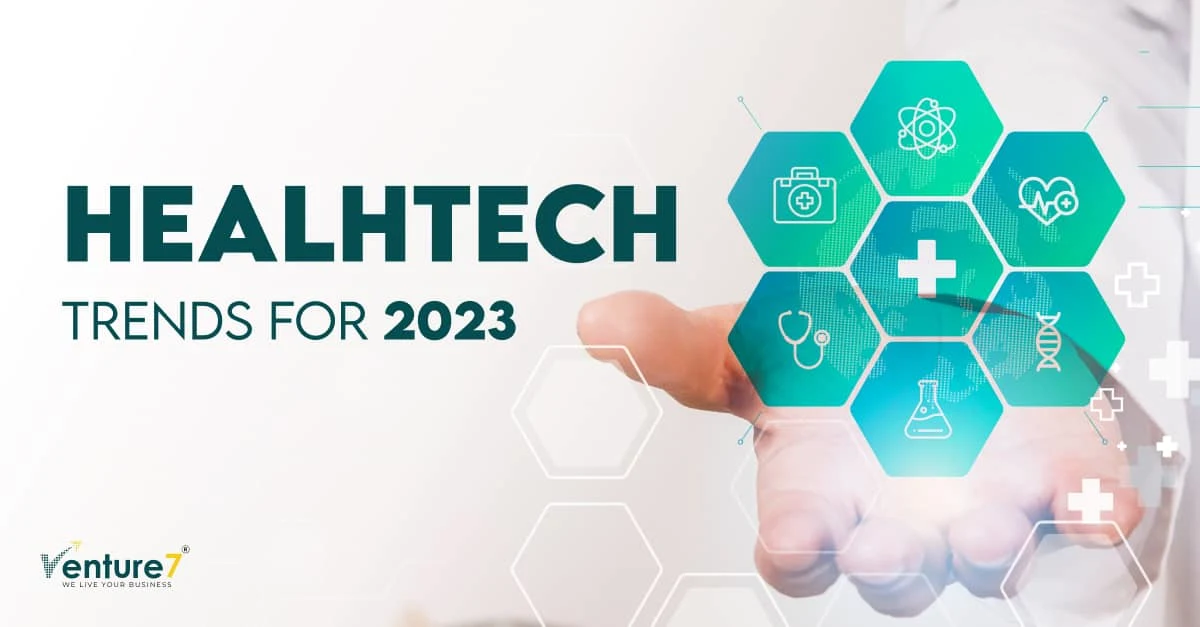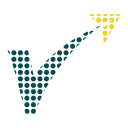In the ever-evolving landscape of healthcare, the integration of technology is not just a trend but a revolution, reshaping the field of medical diagnostics, treatment, and patient care. As we progress deeper into the 21st century, the fusion of healthcare and technology has transcended traditional boundaries, heralding a new era of medical innovation like SaaS for healthcare. This year 2024 stands as a testament to this transformation, marked by several groundbreaking HealthTech trends poised to redefine our approach to health and wellness. This blog delves into the latest technological trends that are revolutionizing the healthcare sector, offering a glimpse into a future where healthcare is more accessible, personalized, and efficient.
SaaS for Healthcare
The intersection of healthcare and technology, particularly through HealthTech and SaaS (Software as a Service) development, is rapidly transforming the landscape of medical care, diagnostics, and patient management. Software as a Service or SaaS for healthcare indicates cloud-based software solutions specially designed to cater to the needs of healthcare organizations, and patients. These SaaS applications offer an array of services aimed at enhancing efficiency, patient care, data management, and overall healthcare operations. In 2024, we are witnessing unparalleled advancements that promise to reshape the way we think about and engage with healthcare services. This blog explores the most significant HealthTech trends of the year, illustrating how they are set to revolutionize the sector by making healthcare more accessible, personalized, and efficient.
1. Generative AI in Healthcare
AI has been contributing to the healthcare industry but Generative AI will particularly play an instrumental role. AI did it by replacing conventional, time-consuming processes with swift and real-time solutions while Generative AI helps at every stage of the patient journey of health diagnosis, treatment, and prevention as it finds application in various healthcare factors including drug discovery, personalized medicine, medical image analysis, predictive analytics, and genomics. HealthTech startups are engaged in developing software platforms, APIs, and various other digital products to utilize AI’s potential. Key applications encompass managing clinical workflow where AI efficiently streamlines patient care and administrative tasks. AI uses algorithms to identify complex medical data for accuracy and early disease detection, thus enhancing patient care. As an outcome, it is estimated that AI in the healthcare market will reach USD 148.4 billion by 2029, marking a CAGR of 42.4% from 2024-2019.
2. Telemedicine
Telemedicine reduces the load on facilities and also decreases the use of personal protective equipment (PPE) as medical practitioners reach their patients via telecommunication. With AI-powered diagnostic tools, it is easy to get accurate analysis of patient data which further aids in early detection and plan treatment. The technologies in software product engineering contribute to improving patient care and increasing healthcare accessibility besides streamlining the medical process. As a result, the telehealth market is anticipated to grow from USD 94.44 billion in 2023 to USD 286.22 billion by 2030, at a CAGR of 23.2%.
3. Internet of Medical Things (IoMT)
The Internet of Medical Things (IoMT) refers to the interconnected network of medical devices and applications that communicate with each other through the Internet. This has emerged as a transformative force in healthcare, connecting patients to healthcare providers in ways that were unimaginable previously. Connected medical devices and wearable health monitors facilitate efficient patient management. This network of interconnected devices extends the capabilities of medical professionals beyond traditional care settings, enabling real-time monitoring, data collection, and personalized patient care. The IoMT represents the convergence of technology and healthcare, promising a future where health management is integrated seamlessly into our daily lives.
4. Big Data and Healthcare Analytics
The application of Big Data and Analytics in healthcare has revolutionized our approach to disease prevention, offering insights derived from vast datasets to predict and prevent health issues even before they arise. Healthcare Startups leverage big data in Healthcare and advanced analytics to assess and organize unstructured data. This proactive approach in SaaS Application Development uses the power of predictive analytics tools to tailor preventive measures to individual risk factors, embodying the shift towards a more anticipatory model of healthcare. Electronic health records (EHRs) integrate and analyze patient data across different healthcare systems, enhancing care coordination and patient outcomes. Moreover, AI-driven platforms offer new insights into treatment planning and enhance treatment methods.
5. Immersive Technology
Virtual, Augmented, and Mixed Reality technologies have transitioned from the world of entertainment to become powerful tools in medical education, patient therapy, and surgical planning. These immersive technologies in Healthcare offer innovative ways to visualize complex medical conditions, train healthcare professionals, and support patient rehabilitation, illustrating the vast potential of VR and AR in transforming healthcare experiences and outcomes. VR applications may vary from rehabilitation therapy for cognitive as well as physical disorders to exposure therapy for anxiety disorders. In medical education, AR/VR plays a crucial role in providing interactive and realistic training experiences. Thus, immersive technology is reshaping healthcare by enhancing treatment outcomes by contributing to precision and efficiency.
This ongoing fusion of technology and medicine is more than just a progression; it’s a leap into a new era of healthcare innovation. The promise of a brighter future lies in the ability of these advancements to enhance medical precision, tailor treatments to individual needs, and reach a broader spectrum of patients. The result is a healthcare landscape that is not only smarter in its approach but also more inclusive, ensuring that the benefits of these innovations are felt by individuals from all areas of life.
In conclusion, the HealthTech trends of 2024 are not merely incremental advancements but revolutionary shifts that promise to reshape the healthcare landscape. As these technologies continue to evolve and integrate into clinical practice, they pave the way for a future where healthcare is more precise, personalized, and accessible. Building a robust Healthcare system brings along its own set of challenges and the concerns about data security, industry compliance, and privacy may impede system adoption. At Venture7®, we are dedicated to transforming the US Healthcare space through our innovative software product engineering solutions. Our Healthcare Innovation Hub aids in full-fledged application development tailored specifically to assist US Healthcare providers in meeting their technical needs and achieving their goals. Explore more about how we can help!





